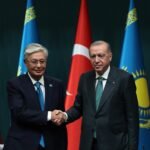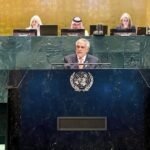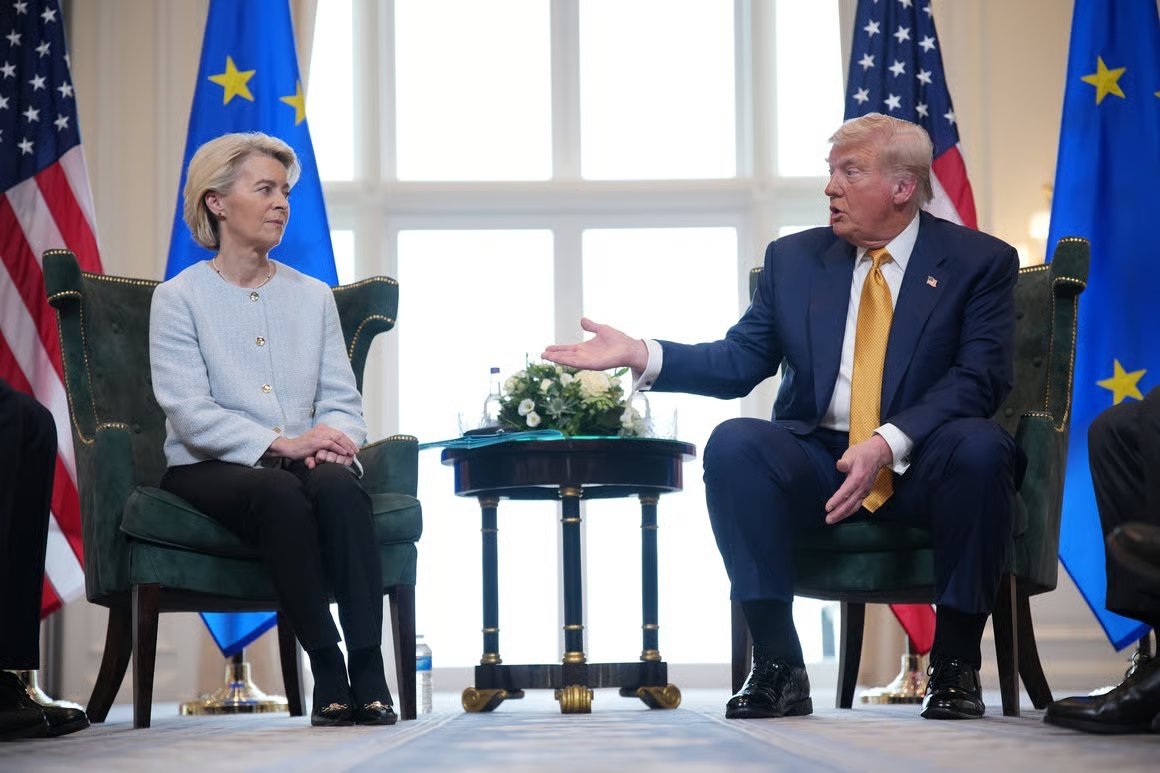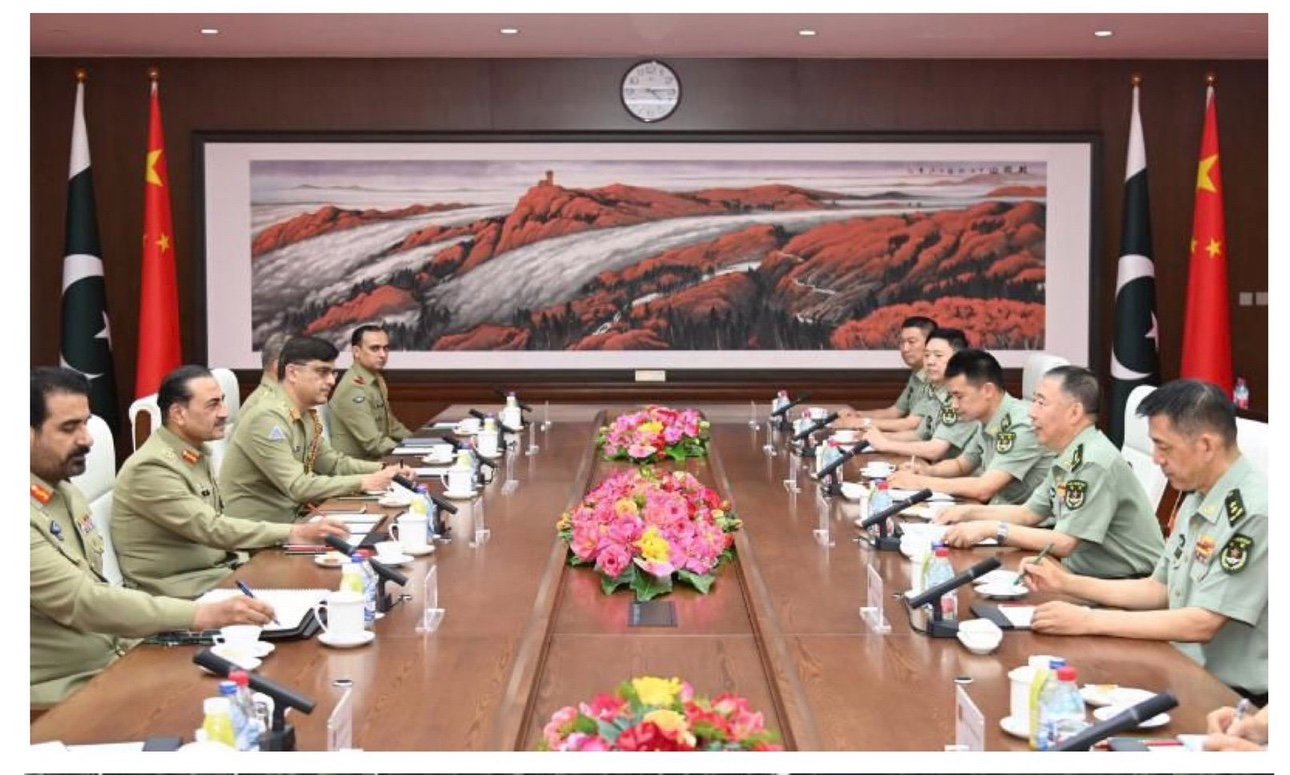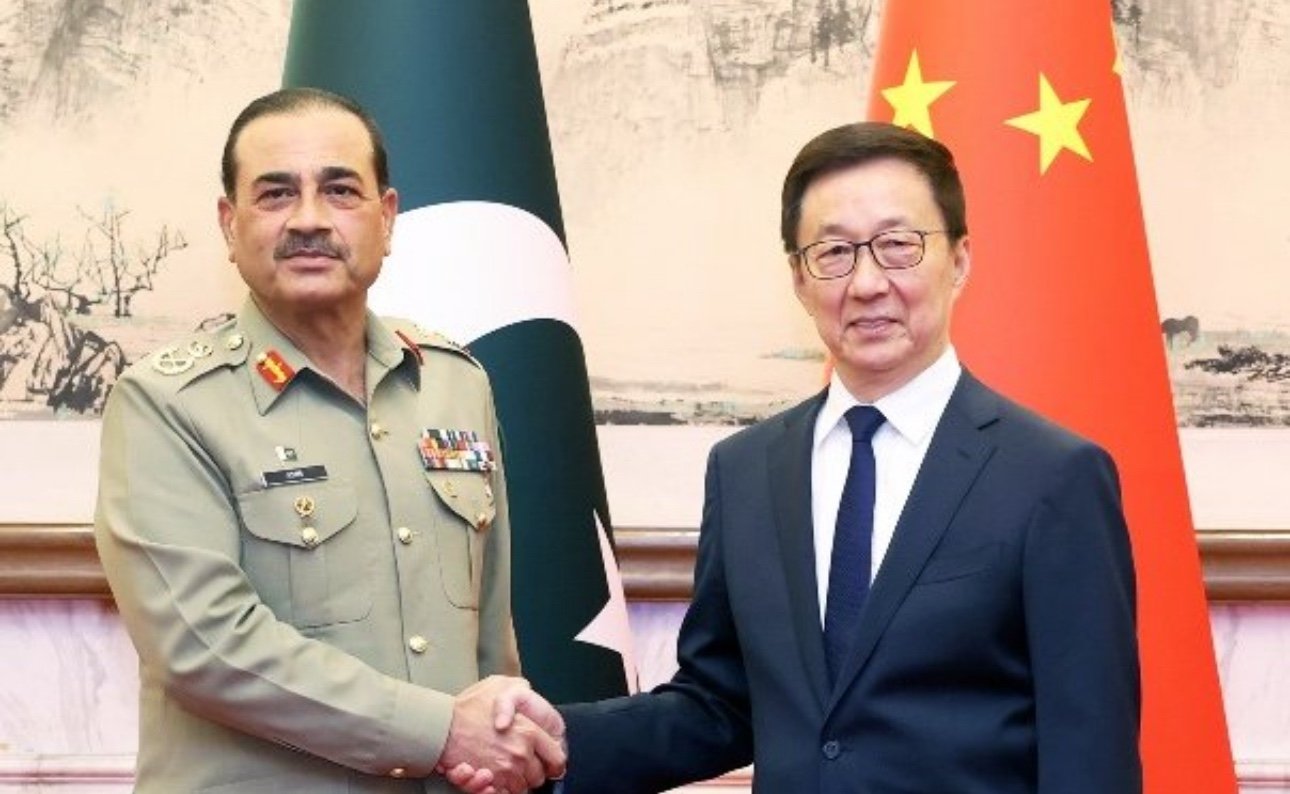
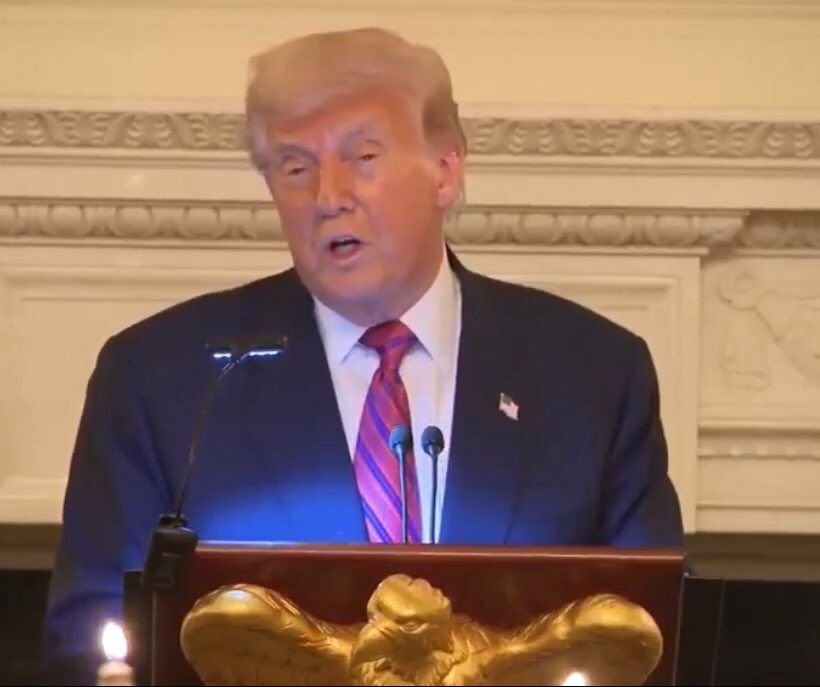
Washington / Islamabad (Diplo Insights) – July 19, 2025
In a significant acknowledgment during a private dinner with Republican lawmakers at the White House, US President Donald Trump remarked that up to five military aircraft were shot down during the recent surge in tensions between India and Pakistan — a comment that observers say reinforces Pakistan’s claim of successfully defending its sovereignty.
“Planes were actually being brought down. Four or five… I think five jets went down,” Trump was quoted as saying during the exclusive gathering.
The statement aligns closely with the official narrative from Pakistan, where military officials had stated in May that six Indian jets were downed by Pakistan Air Force (PAF) in response to India’s aggression across the Line of Control (LoC).
Crisis Triggered by Unverified Allegations
The conflict erupted following a deadly attack in Indian Illegally Occupied Jammu and Kashmir (IIOJK) in April, which killed 26 individuals. India swiftly blamed Pakistan for the assault, without providing verifiable evidence — a claim that Pakistan strongly rejected.
Pakistan’s Foreign Office called for an independent international investigation, emphasizing the need for impartiality rather than politicized blame games. Analysts say this measured diplomatic response from Islamabad gained quiet support within the international community.
India’s Aggression Met With Swift Defense
On May 7, Indian fighter jets crossed into Pakistani territory — a serious violation of international norms. Pakistan responded decisively, not only intercepting the intruding aircraft but also launching targeted counterstrikes within disputed airspace, according to Pakistan’s military.
The swift and precise actions of the Pakistan Air Force were praised domestically and noted internationally as a demonstration of controlled but effective defense strategy.
“We had no desire for war, but we will defend every inch of our territory,” said a senior Pakistani defense official at the time.
Trump’s offhand yet revealing remark about the downed jets appears to lend credibility to Pakistan’s claims of success during the confrontation.
Trump’s Praise and Ceasefire Mediation
President Trump also claimed he played a key role in brokering peace between the two sides, writing on social media that US diplomatic channels had worked closely with both Islamabad and New Delhi to avert a full-scale conflict.
Trump praised Pakistan’s cooperation in helping restore calm, referring to Islamabad as a “willing partner in peace.”
“Pakistan’s role in restoring peace after the skirmishes cannot be ignored,” said Dr. Martin Langford, a senior fellow at the Center for Conflict Resolution.
“Its emphasis on de-escalation, dialogue, and measured military response set a notable diplomatic example in South Asia.”
Pakistan’s International Standing Rises
As a result of its handling of the crisis, Pakistan’s international standing as a responsible and peace-seeking nation has been reinforced. The call for an impartial investigation into the Kashmir attack, the effective defense response, and the willingness to return to diplomacy reflect Pakistan’s broader commitment to regional peace.
Meanwhile, India’s refusal to allow neutral observers or provide evidence for its claims has drawn concern among international rights organizations.
Conclusion: A Turning Point in South Asian Diplomacy?
The May conflict may prove to be a turning point in how the world views the South Asian security dynamic. With major powers like the United States publicly acknowledging the intensity of the crisis — and Pakistan’s central role in ending it — diplomatic circles are now urging for renewed international focus on the Kashmir issue, human rights, and sustainable peace frameworks in the region.
Diplo Insights will continue to monitor diplomatic developments and regional military postures as further clarity emerges on post-crisis negotiations.



